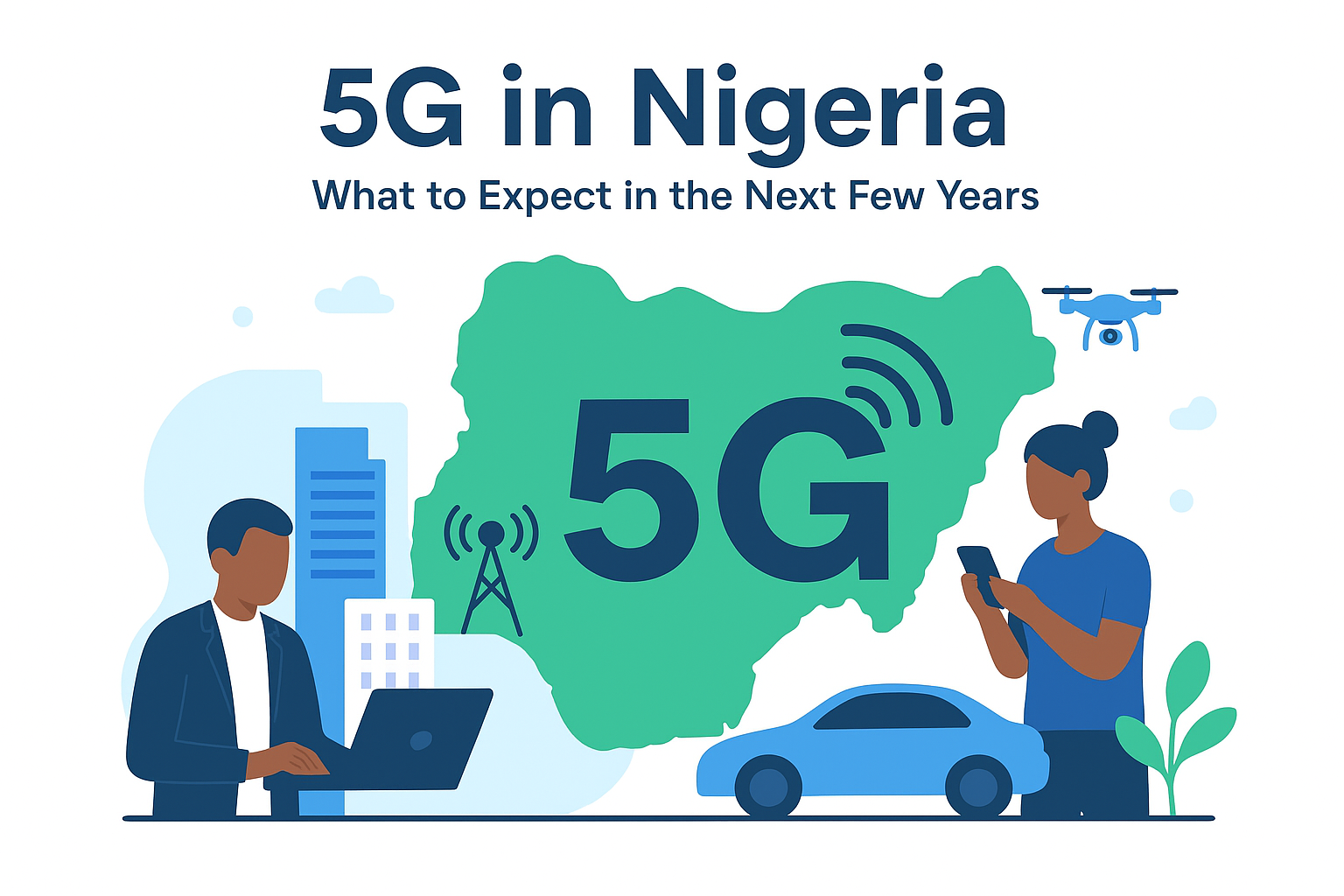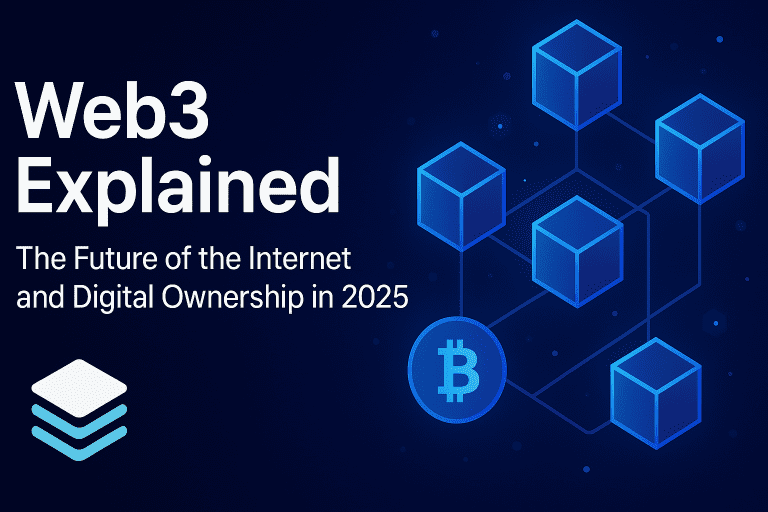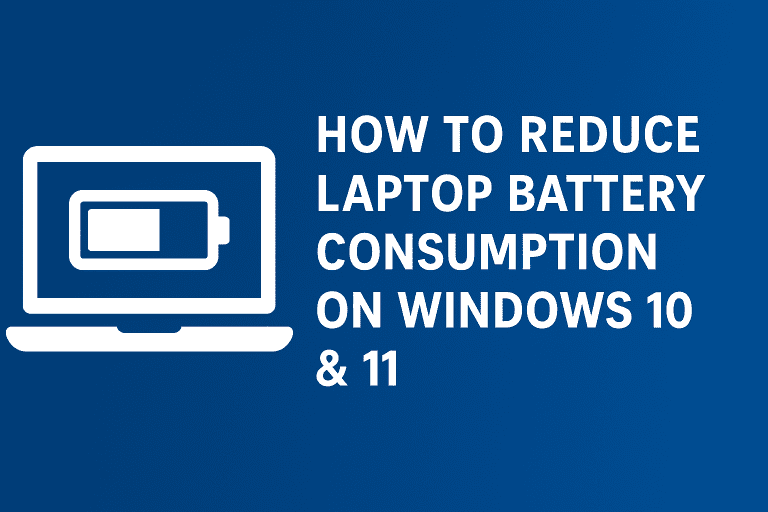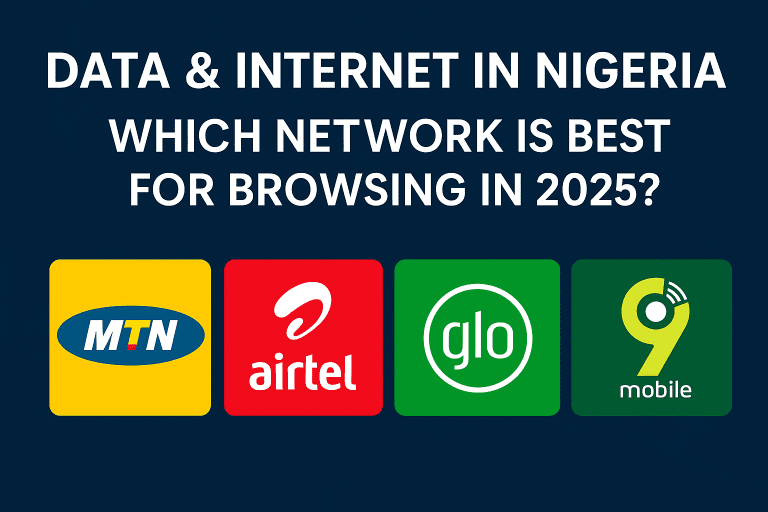5G in Nigeria 2025: What to Expect in the Next Few Years
The world of telecommunications is evolving rapidly, and Nigeria is not left behind. With the rollout of 5G technology, Nigerians are about to experience faster internet speeds, lower latency, and new opportunities across sectors like healthcare, education, agriculture, and business.
But what exactly is 5G, how is it progressing in Nigeria, what challenges lie ahead, and what can we realistically expect in the next few years? This article provides a detailed guide tailored for Nigerians, helping you understand the future of 5G in Nigeria and what it means for individuals, businesses, and the economy.
Understanding 5G Technology
What is 5G?
5G, the fifth generation of mobile telecommunications, is the successor to 4G LTE. Unlike its predecessors, 5G is designed to deliver:
- Ultra-fast internet speeds (up to 10Gbps).
- Low latency (response time of less than 1 millisecond).
- Massive device connectivity makes it possible to connect billions of IoT (Internet of Things) devices.
How 5G Works
5G runs on a combination of:
- Millimetre waves for high speed.
- Sub-6 GHz frequencies for wider coverage.
- Advanced antennas and small cell towers to ensure network stability.
This means Nigerians can expect seamless internet experiences, even in crowded places like markets, stadiums, and city centres.
Read also: The Rise of AI in Nigeria: How It’s Changing Businesses
Current State of 5G in Nigeria
Telecom Operators Driving 5G Adoption
- MTN Nigeria: Launched pilot programs in Lagos and Abuja, testing 5G speeds and performance.
- Airtel Nigeria: Collaborating with regulators and tech partners to expand 5G coverage.
Infrastructure Progress
Nigeria has started investing in fibre-optic backbones and testing small cell sites needed for 5G. However, challenges remain, including:
- Power supply issues (unstable electricity slows expansion).
- High cost of equipment.
- Right-of-way restrictions that delay fibre deployments.
Government Involvement
The Nigerian Communications Commission (NCC) has been active in:
- Allocating 5G spectrum licenses.
- Creating policies to attract investment.
- Addressing public concerns around health and data security.
While some Nigerians remain sceptical about 5G, the NCC assures that the technology is safe and vital for economic growth.
Read also: What You Need to Start Online Radio Streaming (Beginner’s Guide)
Anticipated Developments in the Next Few Years
1. Expanded Coverage
5G will move beyond Lagos and Abuja into other cities and eventually rural areas. This will bridge the digital divide and improve internet access for more Nigerians.
2. Faster and More Reliable Internet
- Download movies in seconds.
- Stream live events in ultra-HD without buffering.
- Enjoy lag-free online gaming and video calls.
3. Revolution in Healthcare
- Telemedicine will thrive as doctors consult patients in real-time.
- Remote surgeries will become possible with robotic precision.
- Health monitoring devices (wearables) will improve patient care.
4. Smart Education
- AR/VR learning experiences for Nigerian schools.
- Distance learning becomes more engaging with real-time interactive lessons.
5. Digital Agriculture
- Farmers are using drones for crop monitoring.
- Smart irrigation systems reduce waste.
- Real-time weather and soil data are improving productivity.
6. Smart Cities
- Traffic management powered by real-time sensors.
- CCTV surveillance for enhanced security.
- Efficient public utilities (water, electricity, waste management).
Challenges of 5G in Nigeria
1. Infrastructure Deficit
- Nigeria still lacks a sufficient fibre-optic backbone.
- Poor electricity supply threatens continuous connectivity.
2. High Deployment Costs
- Telecom operators need billions of naira in investment.
- Smartphones that support 5G are still expensive for the average Nigerian.
3. Regulatory Barriers
- Delays in approving permits and right-of-way issues.
- Need for harmonised policies across states.
4. Public Perception
- Misinformation about 5G health risks.
- Concerns about data privacy and cybersecurity.
Opportunities for Nigerians
Despite challenges, 5G opens a new wave of opportunities:
- Entrepreneurs can create startups in fintech, edtech, and healthtech.
- Businesses can leverage faster internet for real-time analytics and e-commerce.
- Content creators and influencers will benefit from smooth streaming and high-quality uploads.
- Investors can fund 5G-based innovations, positioning Nigeria as a tech hub in Africa.
Read also: Top Mobile Apps Transforming Nigerian Businesses in 2025
What Nigerians Should Expect
- More Affordable Data Packages – as competition grows, costs will drop.
- Cheaper 5G Devices – local markets will start offering budget-friendly 5G phones.
- Job Creation – 5G will fuel new jobs in IT, telecoms, and digital services.
- Global Competitiveness – Nigeria will attract more international tech investments.
Conclusion
The arrival of 5G in Nigeria is more than just faster internet — it’s a revolution in digital life and economic growth. From healthcare to education, agriculture to entertainment, Nigerians stand to benefit massively from this new wave of technology.
However, for Nigeria to fully harness the power of 5G, collaboration between telecoms, government, and the private sector is essential. Investments in infrastructure, awareness campaigns, and affordable access will determine how quickly Nigerians can embrace this transformation.
???? At ENGRMKS & CO., we help businesses, startups, and organisations adapt to the digital future. Whether you’re looking to build a 5G-ready website, launch digital marketing campaigns, or grow your online brand, our team of experts is here to guide you.
Contact us today to future-proof your business in Nigeria’s fast-growing digital economy.







